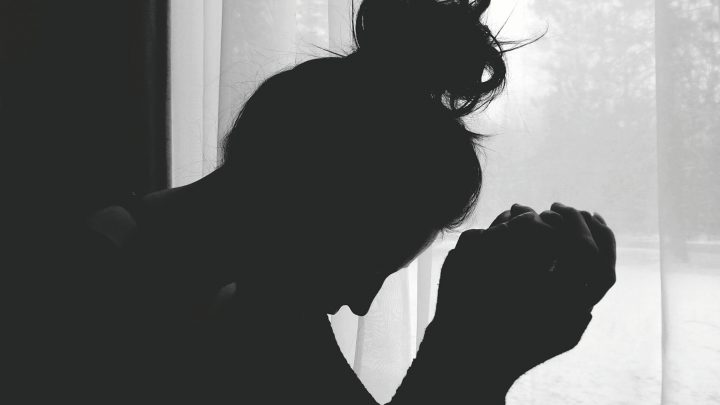A survey released Wednesday sheds some light on how common sexual harassment and assault are in Canada, but an advocate warns it doesn’t quite capture the full image.

The Abacus Data survey of 1,500 Canadians, showed that 53 per cent of women in the country have felt “unwanted sexual pressure.” Women under the age of 45 were most likely to have experienced it.
READ MORE: Ontario police launch new sexual assault online reporting system
But Viktoria Belle, the founder of Toronto-based advocacy group for sexual violence survivors The Dandelion Initiative, says the number should be much higher.
“That number would be 100 per cent if you look at sexual pressure because that can mean anything, really,” Belle said. “There is so much sexualized pressure on women in general.”
Belle explained that the survey didn’t explain what the term “unwanted sexual pressure” meant, and it could be as broad or narrow as someone wanted.
The question was also only posed to women, which Belle said overlooks men, transgender and cisgender individuals who can face sexual violence.
WATCH: #MeToo campaign prompts victims of sexual assault, harassment to come forward

Respondents were also asked to access how common they believe sexual harassment is in workplaces. About 12 per cent said women experiencing sexual harassment in their workplace was “really quite common,” while 44 per cent said it was “infrequent but does happen.” Forty-four per cent of Canadians also said that it “doesn’t happen” in their workplace.

Get breaking National news
“The large majority of women and most men agree that normally there are no sanctions applied against those who sexually harass women in the workplace,” the survey explained, noting that 70 per cent of respondents said harassers face “no consequences.”
READ MORE: Brett Ratner accused of sexual harassment by 6 women, including Olivia Munn
The survey went on to ask the question: “How many men are the kind who would harass a woman?”
It’s something that Belle took issue with, saying it perpetuates male stereotypes.
“It’s just a very generic and generalized model to use for sexual violence,” she said.
“Do we need to hear more and more about how all men are rapists and all women are victims? Or can we change the conversation in saying, ‘what role do all of us play?'”
WATCH: How do you deal with sexual harassment at work?

Belle added that the “normative” tone of the survey doesn’t properly capture the complicated issue of sexual violence.
“It doesn’t give us the tools, it doesn’t give us the snapshot of what sexual violence looks like in Canada.”
Abacus Data chairman Bruce Anderson noted in the survey that its results were likely to be disputed.
“People will likely debate whether these estimates are accurate, or whether the prevalence of sexual harassment of women is even more prevalent,” he said.
“One thing is clear in these results: millions of Canadian men and women say they witness this problem and say there are rarely sanctions to punish inappropriate behaviour and to help protect women.”
Changing the narrative
The survey comes in the midst of the Harvey Weinstein controversy, which has brought to light how common sexual violence is in Hollywood.
Both men and women have come forward as victims of assault from powerful figures in the film industry. It has also led women around the world to open up about their own experiences with abuse, using the hashtag #Metoo.
WATCH: #MeToo hashtag illustrates prevalence of sexual assault and harassment

As the conversation around sexual violence grows, Belle says it’s important to evaluate the words and tone used in research.
“It is inclusive? It is biased? Who are you consulting? And what language are you using?”
Belle suggested research on sexual violence be done with consultation from survivors and advocacy groups who have experience dealing with the issue.
Sexual assault in Canada
According to Statistics Canada, there were 636,000 self-reported cases of sexual assault in 2014. The report noted that women, youth, Aboriginal, single, homosexual and bisexual, and those with poor mental health were most at risk.
The StatsCan report also noted that men, particularly those under 35, were more likely to sexually assault someone.
Sexual assault is one of the most underreported crimes in Canada, the report said.
This Abacus Data survey was completed online by 1,500 Canadian adults between Oct. 20-23. It is considered accurate +/- 2.5%, 19 times out of 20.
If you or someone you know is experiencing abuse or is involved in an abusive situation, please visit the Canadian Resource Centre for Victims of Crime for help. They are also reachable toll-free at 1-877-232-2610.






Comments